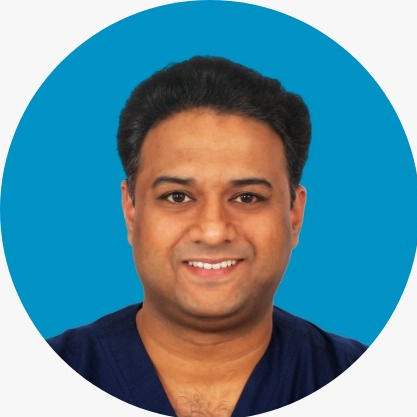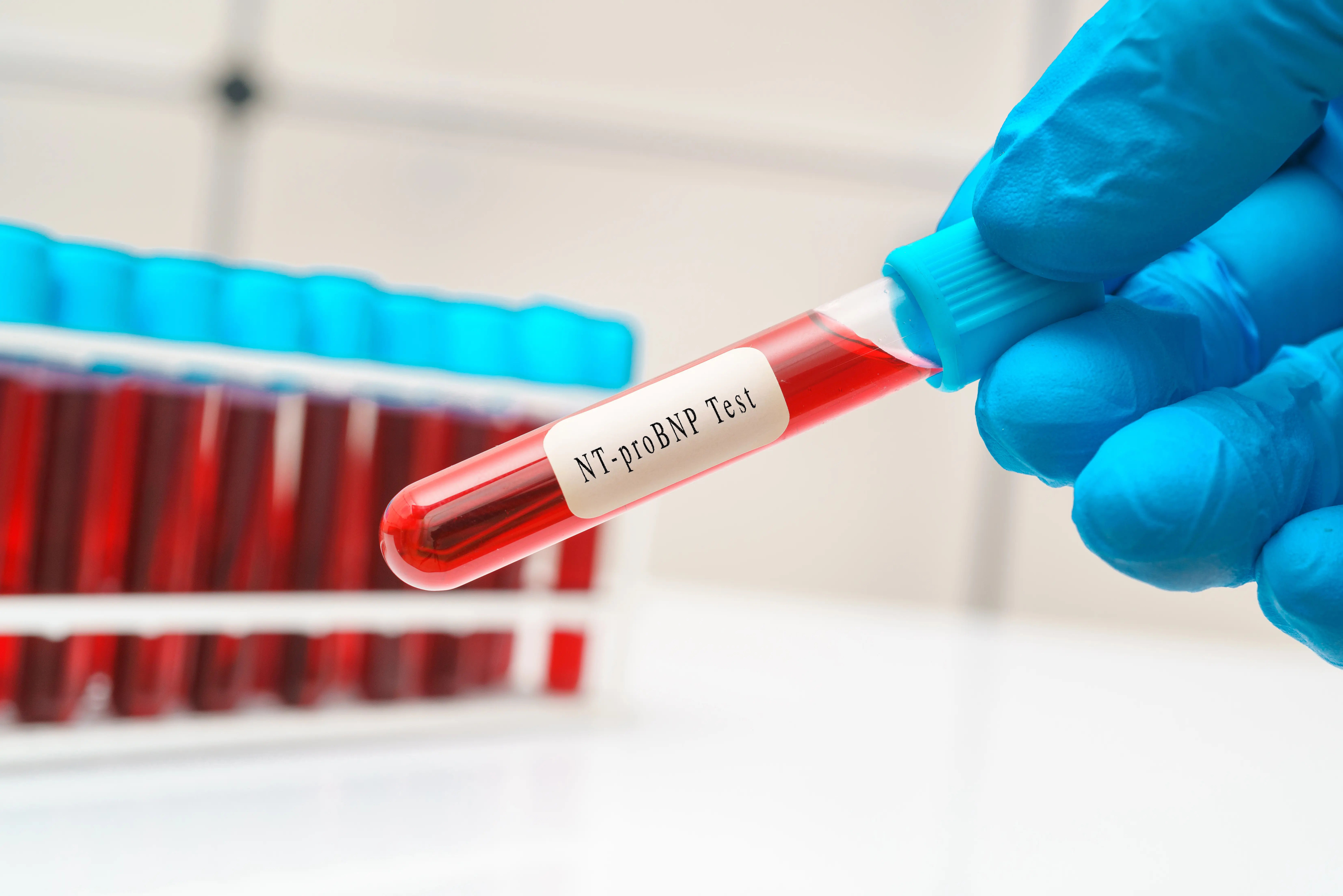Mouth Larva: Information on Causes and Treatment
Mouth larva (oral myiasis) is a rare but serious condition caused by fly larvae in the mouth. Learn its causes, symptoms, treatment options, and prevention tips to protect your oral health.

Written by Dr. Shaik Abdul Kalam
Reviewed by Dr. Rohinipriyanka Pondugula MBBS
Last updated on 13th Jan, 2026

Dealing with mouth larva (also known as oral myiasis) can be distressing and uncomfortable. This condition occurs when fly larvae (maggots) infest the mouth, often due to poor oral hygiene, open wounds, or underlying health conditions. While rare, it can lead to serious infections if left untreated.
In this article, we’ll discuss the causes, symptoms, and treatment options for mouth larva, along with preventive measures to keep your oral health in check.
What Is Mouth Larva (Oral Myiasis)?
Mouth larva, or oral myiasis, is a parasitic infection where fly larvae grow inside the mouth. This usually happens when flies lay eggs in open wounds, decaying teeth, or unclean oral cavities. The larvae feed on dead or living tissue, leading to pain, swelling, and infection.
This condition is more common in tropical regions with poor sanitation but can also affect individuals with weakened immune systems, untreated dental issues, or those who neglect oral hygiene.
Causes of Mouth Larva
Several factors contribute to the development of mouth larva:
1. Poor Oral Hygiene – Not brushing or flossing regularly can lead to gum disease, tooth decay, and open sores, making it easier for flies to lay eggs.
2. Open Wounds in the Mouth – Cuts, ulcers, or surgical wounds can attract flies.
3. Untreated Dental Problems – Decaying teeth, gum infections, or exposed roots create a breeding ground for larvae.
4. Weakened Immune System – People with diabetes, HIV, or malnutrition are at higher risk.
5. Living in Unhygienic Conditions – Poor sanitation increases exposure to flies.
6. Alcohol or Tobacco Use – Excessive consumption can lead to oral ulcers, increasing infection risk.
Symptoms of Mouth Larva
If you suspect mouth larva, watch for these signs:
- Visible maggots in the mouth (tiny, white, worm-like creatures).
- Pain and swelling in gums, tongue, or cheeks.
- Bad breath (halitosis) that doesn’t go away with brushing.
- Bleeding or pus discharge from affected areas.
- Difficulty eating or speaking due to discomfort.
- A crawling or tingling sensation inside the mouth.
If you experience these symptoms, seek medical help immediately to prevent complications.
Consult Top Dentist
How Is Mouth Larva Treated?
Treatment involves removing the larvae and preventing further infection. A dentist or doctor will:
1. Physically Remove Larvae – Using tweezers or suction to extract maggots.
2. Clean the Wound – Disinfecting the area to kill remaining bacteria.
3. Prescribe Antibiotics – If a bacterial infection is present.
4. Pain Management – Over-the-counter pain relievers may be recommended.
5. Surgical Intervention (if needed) – In severe cases, minor surgery may be required to remove dead tissue.
After treatment, maintaining good oral hygiene is crucial to prevent reinfection.
Prevention Tips to Avoid Mouth Larva
Preventing mouth larva is easier than treating it. Follow these steps:
- Maintain Good Oral Hygiene – Brush twice daily, floss, and use mouthwash.
- Visit Your Dentist Regularly – Get dental check-ups every six months.
- Treat Mouth Wounds Promptly – Clean cuts or ulcers with antiseptic mouthwash.
- Avoid Sleeping with an Open Mouth – Flies are more likely to enter at night.
- Keep Surroundings Clean – Use mosquito nets and maintain hygiene at home.
- Stay Hydrated – Dry mouth can increase infection risk; drink plenty of water.
When to See a Doctor?
If you notice any signs of mouth larva, do not delay treatment. Early intervention prevents severe infections and complications.
Book a dentist consultation on Apollo 24|7 for expert advice and care.
Final Thoughts
Mouth larva is a rare but serious condition that requires immediate medical attention. By maintaining good oral hygiene, treating dental issues promptly, and staying in a clean environment, you can significantly reduce the risk.
If you suspect an infection, consult a healthcare professional right away.
Consult Top Dentist
Consult Top Dentist

Dr P Manamalli
Dentist
20 Years • BDS, MBA, FICD, Fellowship in LASER Dentistry
Chennai
Apollo Hospitals Greams Road, Chennai

Dr Gaurav Jain
Oral and Maxillofacial Surgeon
21 Years • BDS, MDS
Delhi
Apollo Hospitals Indraprastha, Delhi

Dr. Shivani Agarwal
Dentist
19 Years • M.D.S.,Conservative Dentistry and Endodontics,Implants,Aesthetic Dentistry
Delhi
Apollo Hospitals Indraprastha, Delhi

Dr. Vikrant Choudhary
Dentist
27 Years • MDS, PERIODONTIST
Delhi
Apollo Hospitals Indraprastha, Delhi

Dr. Ninad Muley
Dentist
15 Years • BDS, MDS
Mumbai
Apollo Hospitals CBD Belapur, Mumbai
Consult Top Dentist

Dr P Manamalli
Dentist
20 Years • BDS, MBA, FICD, Fellowship in LASER Dentistry
Chennai
Apollo Hospitals Greams Road, Chennai

Dr Gaurav Jain
Oral and Maxillofacial Surgeon
21 Years • BDS, MDS
Delhi
Apollo Hospitals Indraprastha, Delhi

Dr. Shivani Agarwal
Dentist
19 Years • M.D.S.,Conservative Dentistry and Endodontics,Implants,Aesthetic Dentistry
Delhi
Apollo Hospitals Indraprastha, Delhi

Dr. Vikrant Choudhary
Dentist
27 Years • MDS, PERIODONTIST
Delhi
Apollo Hospitals Indraprastha, Delhi

Dr. Ninad Muley
Dentist
15 Years • BDS, MDS
Mumbai
Apollo Hospitals CBD Belapur, Mumbai




